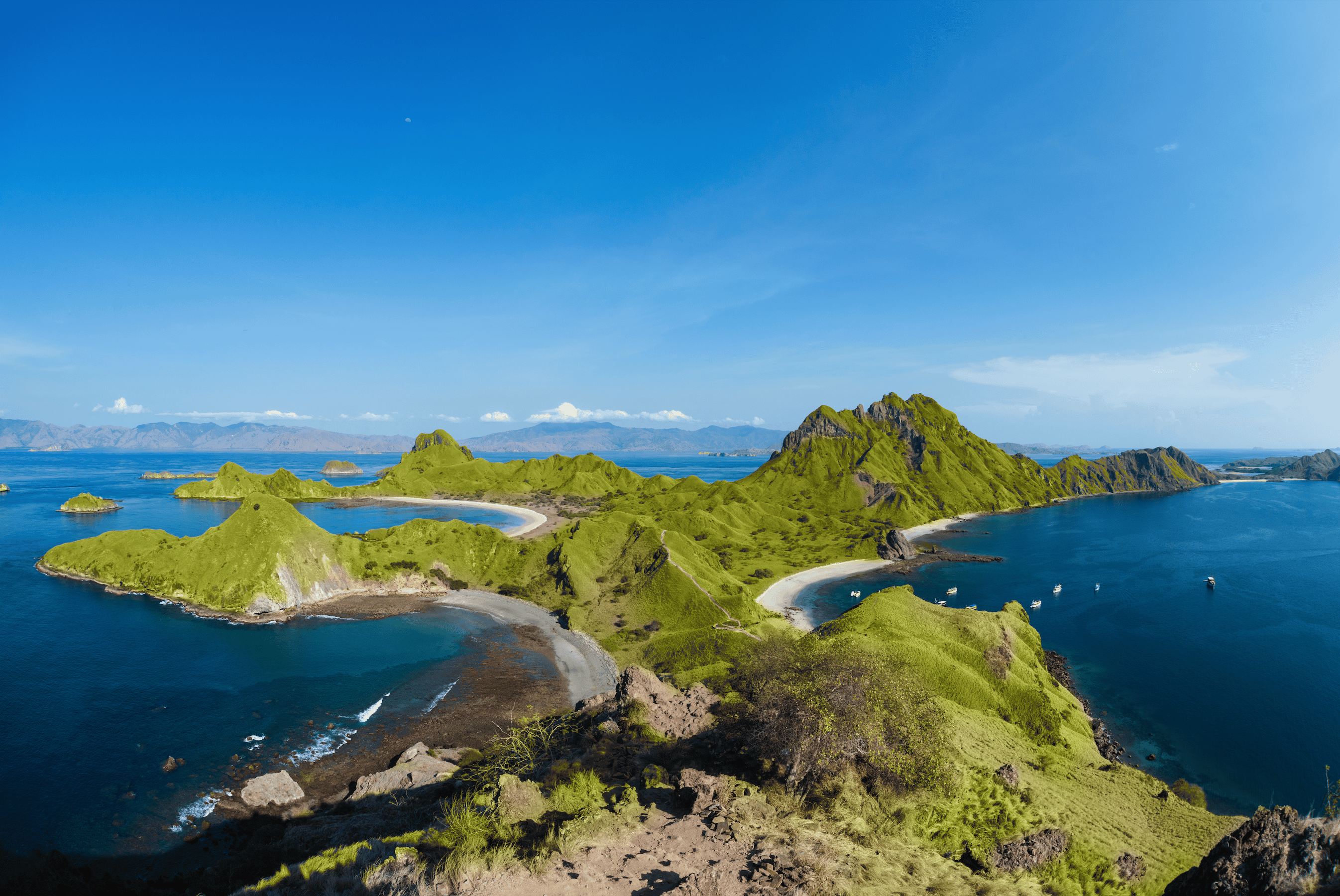A therapist recently diagnosed me with an “adjustment disorder,” which is just a $300-an-hour way of saying that my life has spun savagely out of control, and I am doing a lousy job of coping with it. He’s not wrong. The last year has been a lot, to say the least: I lost my dad to a heart attack and had to move my mom, who has middle-stage dementia, halfway across the country and into my house. Work is fulfilling, but the deadlines are relentless. Pile on the daily emotional terrorism of raising an unhinged toddler — like there’s any other kind — and who wouldn’t occasionally contemplate driving their car into a lake?
Exercise makes me feel better physically, but nothing I try calms my brain, which pinballs from morning to night, catastrophizing the littlest indignities and making lists of all the ways I’m failing as a mother, wife, daughter and career woman. Some days, the self-reproach is so paralyzing that I can barely crawl out of bed. This explains how I ended up taking a vow of silence for 24 hours at Ayana Estate in Bali, Indonesia, some 10,000 miles from home.
I wasn’t trying to “find” myself at an Eat, Pray, Love retreat, per se, but I did time my visit to Nyepi, the Balinese Day of Silence. The holiday commemorating Isakawarsa, or the Hindu-Balinese New Year, fell on March 11 and 12 last year. Its solemnity is guided by four principles: Amati Geni (no fire or light), Amati Karya (no working), Amati Lelunganan (no traveling), and Amati Lelanguan (no revelry).

Photography provided by Ayana Komodo Waecicu Beach
Balinese Hindus take Nyepi seriously. The airport closes, bars and restaurants shutter and lights dim across the island. For 24 hours, locals reflect, meditate and reset — like a Ctrl-Alt-Del for the soul. It’s also a contrast in extremes. Nyepi is preceded by Pengerupukan Day, which sees locals parading through the streets with elaborate ogoh-ogoh, demonic effigies depicting mythological spirits, hoisted onto their shoulders. There are ritualistic cleansing ceremonies, hypnotic dance performances and a whole lot of drum banging. It culminates with celebrations in public squares across the island. Some Balinese walk for miles just to join the festivities, clanging pots and pans along the way. It’s the storm before the calm.
Getting from Minnesota to Bali takes two grueling days. Still, my landing at Ayana Estate is soft: My night butler, Fidi, has a dazzling smile, which he flashes like Vanna White as he shows off the bath he drew in anticipation of my late-night arrival. (The water is cold now, but I am nevertheless charmed by the frangipani petals floating on the surface.)
I was drawn to Ayana for the unveiling of the Saka Museum, a new cultural center on site that offers an immersive introduction to Nyepi and other pillars of Balinese faith and heritage. The collection includes rare books, Tika calendars and 10 masterfully rendered ogoh-ogoh, including a 36-footer — the tallest in Bali.
The property has arranged an opening ceremony for the museum followed by an ogoh-ogoh parade on Pengerupukan Day. To prepare visitors for the experience, cultural archivist Marlowe Bandem reminds everyone what Nyepi forbids: fire, lights, entertainment, ogling ourselves in the mirror or leaving home (in this case, the resort grounds). Talking with friends and family is OK, but no gossip. Some priests and pilgrims also fast for the holiday, but that’s where I draw the line.
“You must abandon your gadgets and Zoom and Google and resist the urge to work,” he says. “The best practice is to make time for yourself and listen to what the universe has to say. Silence is the mirror of the soul. Think about how the past year has been and how you want the coming year to be. Enjoy the serenity. For one day, one hour or 10 minutes — whatever you can do.”
The hotel’s Pengerupukan parade is not as chaotic as Denpasar’s packed streets but still exhilarating. By evening, however, I’m feeling anxious. Crushed with work and worried that tomorrow’s break from technology would put me even further behind, I dreaded being alone with my thoughts.
Nyepi starts promptly at 6 a.m. I set an alarm for 5:45 and check my email one last time before locking my laptop in the villa safe and putting my phone in airplane mode. Usually, I’d listen to music while getting ready, but Bandem’s words were still coursing through my head. I try to focus on the melodic chirping of the birds outside of my villa instead. They’re awfully loud; apparently, they didn’t get the memo about Nyepi.
My first pursuit on this tech-free day is a sunrise yoga class. The instructor tells us to imagine we’re rocks in a stream, with water flowing all around us. “Don’t push against it — let it wash over you,” he says. This feels like a metaphor I’m meant to hear: We can’t control what happens to us, only how we react to it. Play the hand you’re dealt as best as you can.
I’m feeling so grounded after yoga that I reconsider fasting for a hot second, but one glance at the resort’s array of international breakfast options scuttles that impulse. As I tuck into a South Indian dosa and snake fruit, I think about my body’s relationship with food — how I want to indulge in it but mindfully. I also listen closely to the conversations unfolding around me in Chinese, Korean and Australian-accented English; they’re things I might not have noticed when I was absorbed in my phone.
After breakfast, I wrestle a pool noodle in an Aqua Pilates class, join an hour-long thalassotherapy session, wade from one bone-pummeling jet to the next in a series of seawater pools heated to varying temperatures and eat lunch with new friends from Jakarta and Sydney, discussing everything from politics to motherhood. The hardest part of the tech-free experiment is Zenning out during a sound bath meditation. Holding space for my thoughts without the distraction of holding a tree pose feels torturous. I try to focus on my breathing, but a woman near me is panting like a dog. How is she so … intentional? I wonder and listen to her breathing instead. Baby steps.
Stargazing on the lanai of my villa that night, hours after Bali had gone black, my head felt more clear, and my heart felt less heavy than it had in months.
The following day, I switch my phone on at 6:01 a.m. and it quickly blows up with 284 unread emails. I text my husband: “I survived!” He replies with a laughing-crying emoji: “Don’t waste a minute getting back online.”
Did Nyepi solve my problems? Of course not. But turning off my phone, even for a trifling 24 hours, helped me power down enough to recharge.







